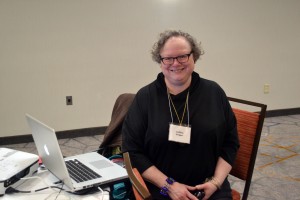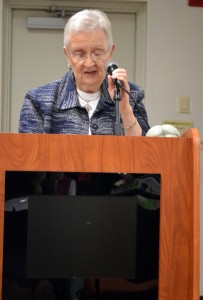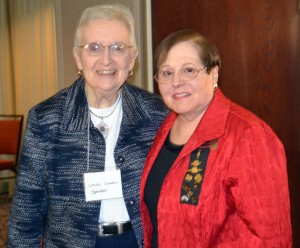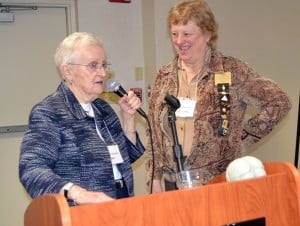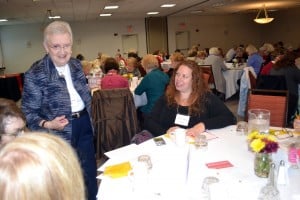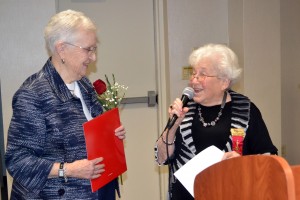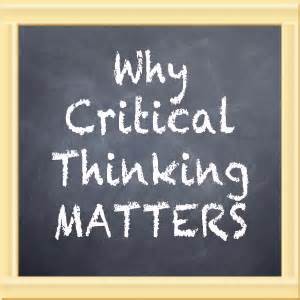
“Critical Thinking” is much in favor in academia these days. Curricula descriptions from elementary through higher education abound with claims of its attainment.
While the basic definition of Critical Thinking is simple: “thinking about thinking in order to decide what to believe and/or how to behave,” the actual process involves a complex interplay among three major domains: self, thinking skills, and subject matter. When individuals are knowledgeable about these domains, their chances of making satisfactory decisions are greatly improved.
Critical thinking is part of daily life, since shopping, voting, working with others, and keeping up with current events all require decisions about belief and/or behavior. Critical thinking has been recognized as an important life skill at both national and state levels, in the SCANS1 report from the United States Department of Labor, the 21st Century Skills, and Common Core Curriculum of Learning.
Effective critical thinkers are constantly developing the three domains of self, thinking skills, and subject matter. They consciously think about the roles that their own knowledge, skills, experiences, and personal dispositions play in their reasoning, learning, and interacting with others. Learning styles, personality assessments, emotional intelligences, and cultural awareness belong in this domain of the self.
Effective critical thinkers are also aware that abilities in acquiring, analyzing, organizing, and assessing information are essential. This thinking skill domain includes learning and memorizing tactics, reasoning skills, and problem solving strategies.
The third domain, the subject matter, determines how components of the other domains are used. While awareness of human behavior is important in the study of literature, logic prevails in mathematics. Certain types of thinking, such as classification, analogy, and sequencing, are used in most subjects; however, the consideration of cause and effect is more speculative in history than in physics.
In the field of library science, defining, classifying, and sequencing are essential thinking skills for both managing collections and for finding information. However, the problem-solving skill of establishing the credibility of references is of supreme importance, especially in these days of instant access to information.
The promotion of critical thinking in academia carries an implicit message that it is a good thing to do. However, the independent thinking that critical thinking promotes sometimes “makes waves” for established concepts, procedures, etc. Therefore, for critical thinking to thrive, it needs an environment that supports independent thinking and is open to new ideas and changes. This is the challenge for education in a democratic society.
Cited Sources:
1 SCANS – Secretary’s Report on Achieving Necessary Skills, published 1991, providing information about the skills required for the workforce of 2000 and beyond.
2 Common Core Curriculum of Learning
3 21st Century Skills


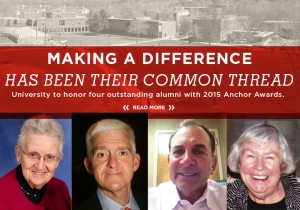



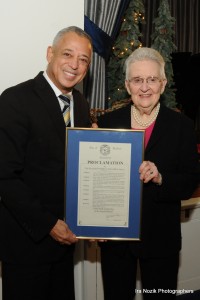
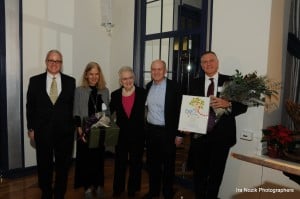
![Lou_headshot_3[1]](https://thinkwellcenter.edublogs.org/files/2014/09/Lou_headshot_31-ytagfr-290x300.jpg)
